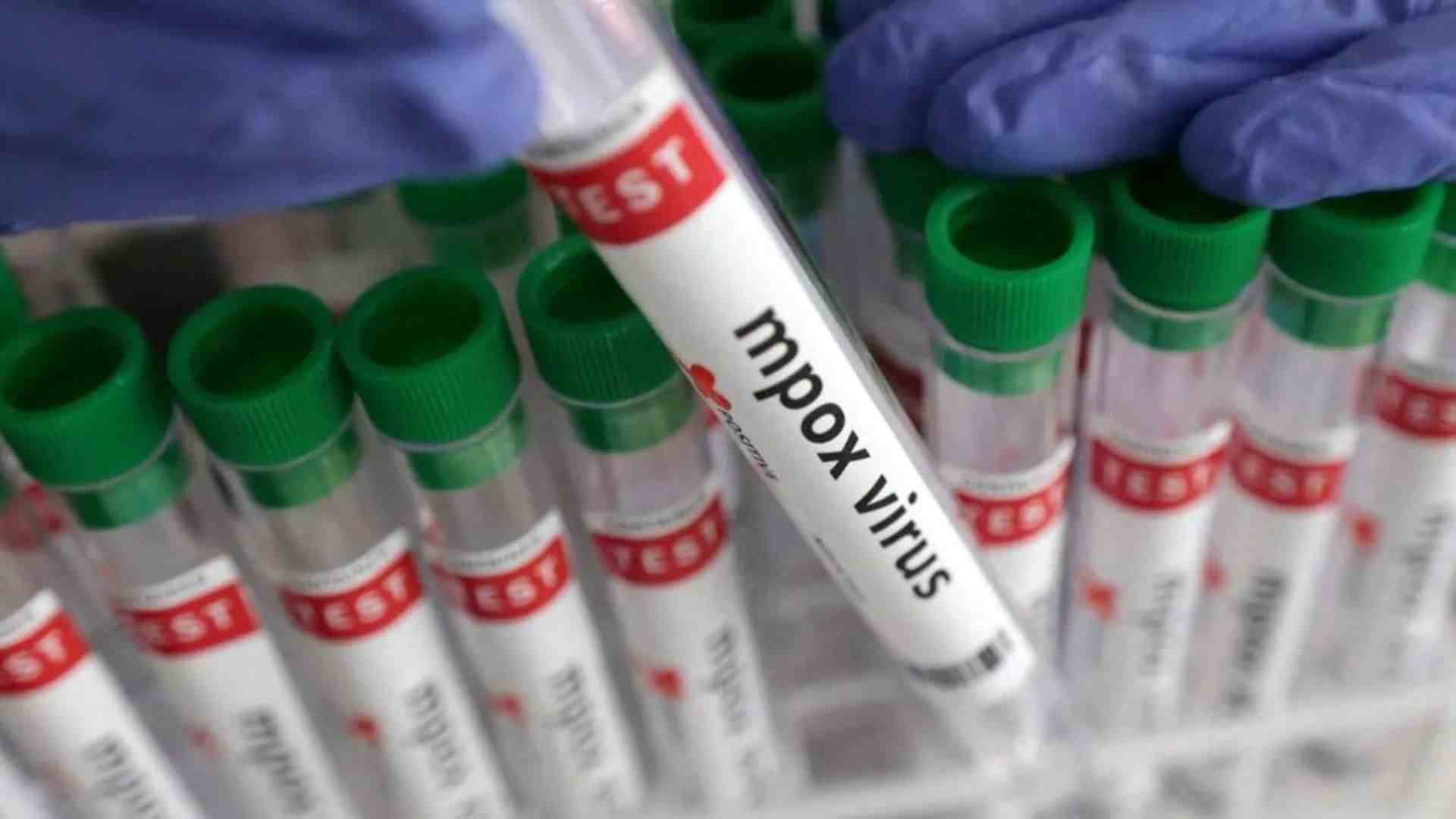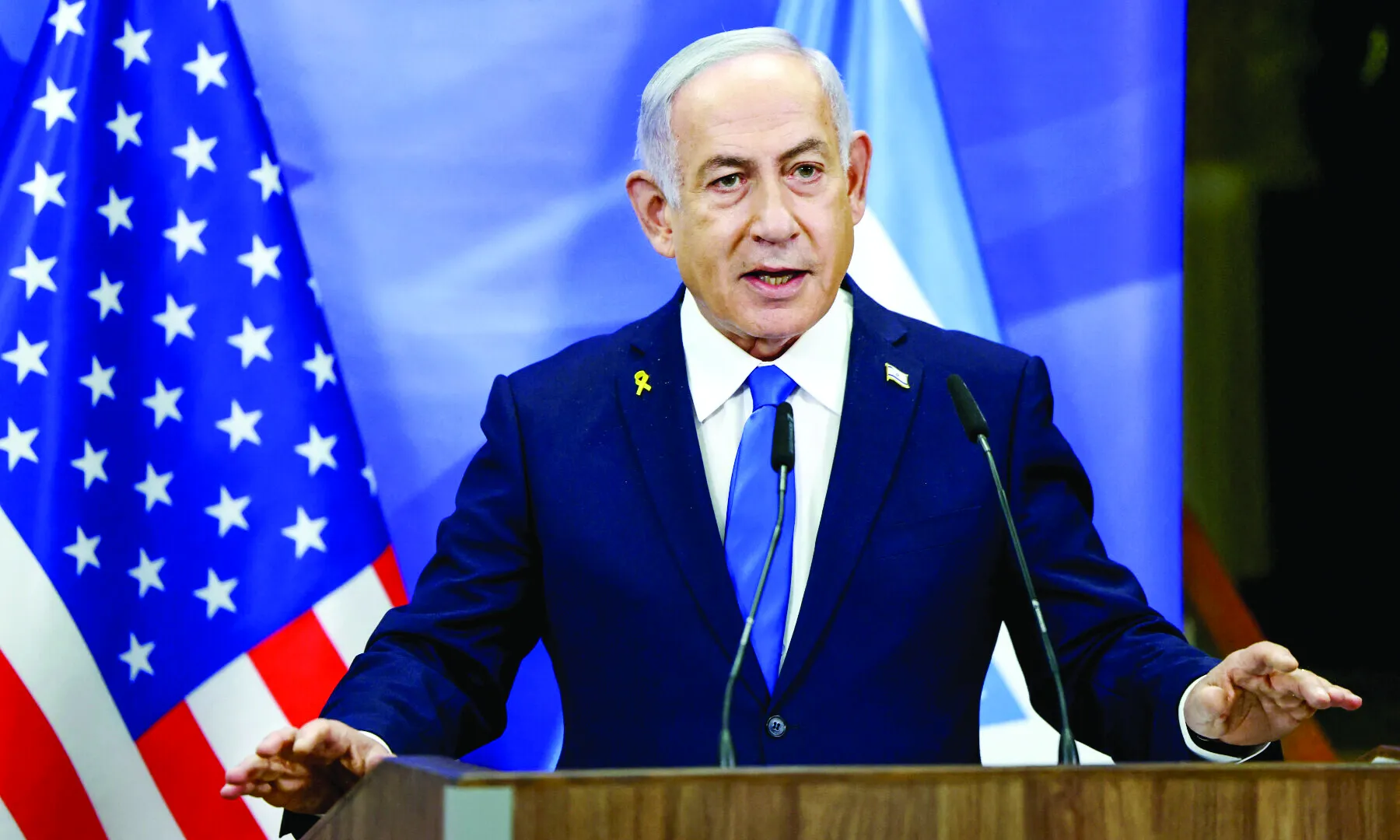A young male patient who recently returned from a country experiencing ongoing Mpox (monkeypox) transmission has been identified as a suspected case, according to the Union health ministry on Friday. The patient is currently isolated in a designated hospital and is reported to be in stable condition.
The health ministry has confirmed that samples have been taken and are being tested to determine if the patient has contracted Mpox.
“Samples from the patient are being tested to confirm the presence of Mpox. The case is being managed in line with established protocols, and contact tracing is ongoing to identify potential sources and assess the impact within the country,” stated the ministry.
The government has assured the public that the situation is under control, emphasizing that this development aligns with previous risk assessments conducted by the National Centre for Disease Control (NCDC).
“There is no cause of any undue concern,” the ministry noted. “The country is fully prepared to deal with such isolated travel-related cases and has robust measures in place to manage and mitigate any potential risk.”
This suspected Mpox case in India emerged three weeks after the World Health Organization (WHO) declared outbreaks in 12 African countries a global emergency.
Meanwhile, the Africa Centers for Disease Control and Prevention (Africa CDC) and the WHO launched a continent-wide response plan to combat the Mpox outbreak on Friday. This six-month plan, with an estimated budget of nearly $600 million, will focus on surveillance, laboratory testing, and community engagement, according to Africa CDC director-general Dr. Jean Kaseya.
On Thursday, Congo received its first batch of 100,000 JYNNEOS vaccine doses, donated by the European Union through HERA, the EU’s health emergency agency.
These vaccines are considered crucial for protecting health workers and vulnerable populations. However, the doses received represent only a small portion of the 3 million vaccines needed to control the outbreak in Congo, which remains the epicenter of the global health crisis.
Dr. Kaseya confirmed that the initial vaccine rollout will prioritize adults who have had close contact with infected individuals, as well as sex workers. However, the exact start date for the vaccination campaign is still uncertain. The European Medicines Agency is currently evaluating data to potentially allow the vaccine’s administration to children aged 12 to 17, with a decision expected by the end of the month.





















